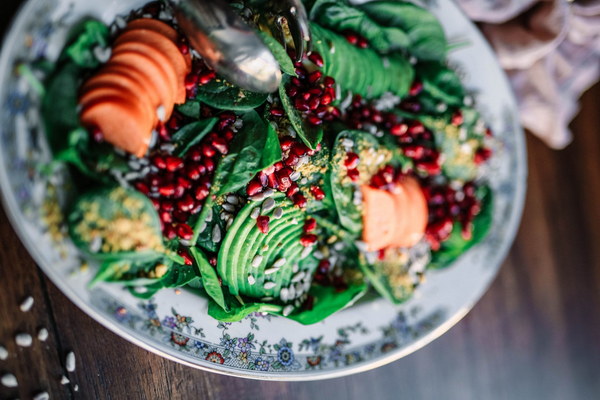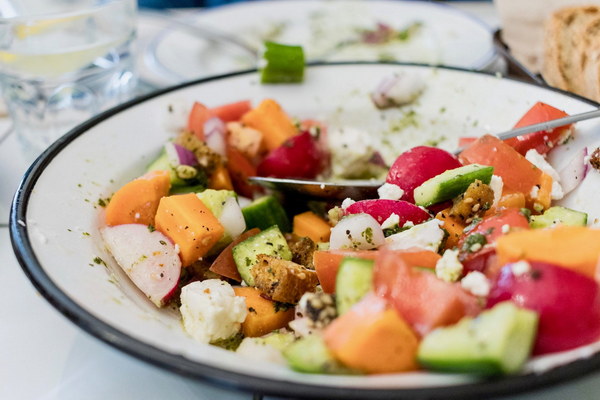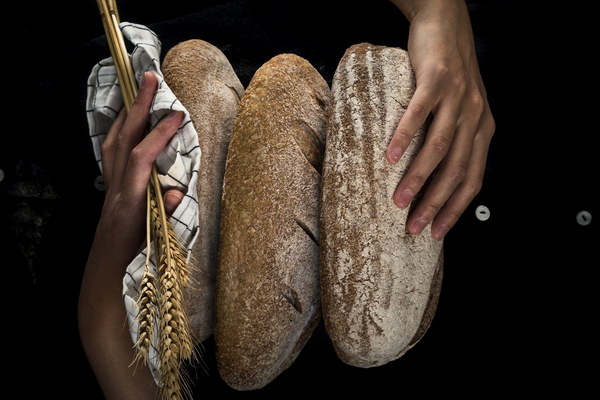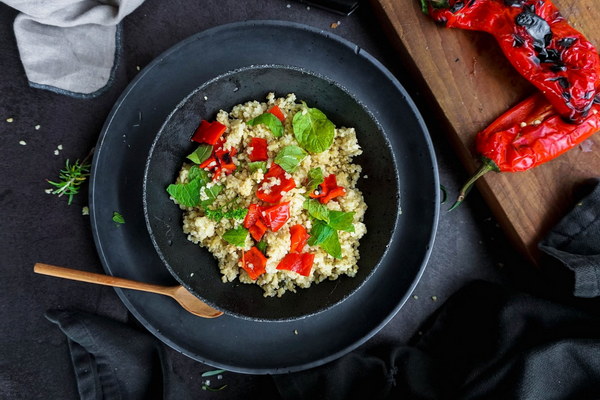The Best Herbs and Ingredients to Cook with Pork Ribs for Excessive Dampness Relief
Excessive dampness, or damp-heat in traditional Chinese medicine, is a common condition that can lead to discomfort and various health issues. Pork ribs, with their rich and nutritious properties, are often used in Chinese cuisine to help alleviate dampness. But what herbs and ingredients should you pair with pork ribs for the best results? In this article, we will explore the best choices to cook with pork ribs for excessive dampness relief.

1. Astragalus (Huang Qi)
Astragalus is a well-known herb in traditional Chinese medicine that has been used for centuries to boost the immune system and expel dampness. When cooked with pork ribs, it can help nourish the body and strengthen the spleen, which is responsible for the transformation of dampness in the body. To use astragalus with pork ribs, simply add the dried root to the cooking water before boiling.
2. Codonopsis (Dang Shen)
Codonopsis is another valuable herb that can be used to cook with pork ribs. It is known for its ability to tonify the spleen, lung, and kidney, and has a potent effect in expelling dampness. To incorporate codonopsis into your pork rib dish, add the sliced roots to the pot along with the pork ribs during the cooking process.
3. Poria (Fu Ling)
Poria is a popular mushroom in Chinese medicine, and it is often used in recipes for its ability to drain dampness and support the kidney function. When combined with pork ribs, poria can help eliminate dampness and promote urination, thereby reducing dampness-related symptoms. Simply add dried poria slices to the pot while cooking the pork ribs.
4. Cinnamon (Rou Gui)
Cinnamon, also known as cinnamon bark, is a spice that not only adds flavor to your dish but also has medicinal properties. In traditional Chinese medicine, cinnamon is used to warm the body and drive away dampness. To use cinnamon with pork ribs, add a few cinnamon sticks to the cooking water or sprinkle some ground cinnamon over the cooked dish.
5. Ginger (Sheng Jiang)
Ginger is a versatile ingredient that is widely used in Chinese cooking. It has a strong ability to expel dampness, especially when used in the raw form. To incorporate ginger into your pork rib recipe, slice the fresh ginger and add it to the pot during the boiling process. This will help enhance the effectiveness of the pork rib dish in expelling dampness.
6. Green Onions (Cong)
Green onions, or scallions, are a common ingredient in Chinese cuisine and are also beneficial for expelling dampness. To use green onions with pork ribs, chop them into small pieces and add them to the pot during the last few minutes of cooking. This will not only add a fresh taste but also help in removing dampness.
In conclusion, cooking pork ribs with the right herbs and ingredients can significantly enhance their effectiveness in expelling dampness. Astragalus, codonopsis, poria, cinnamon, ginger, and green onions are some of the best choices to pair with pork ribs for excessive dampness relief. Remember to adjust the quantities according to your personal taste and health needs. Enjoy your delicious and healthy pork rib dish that helps alleviate dampness in your body!









